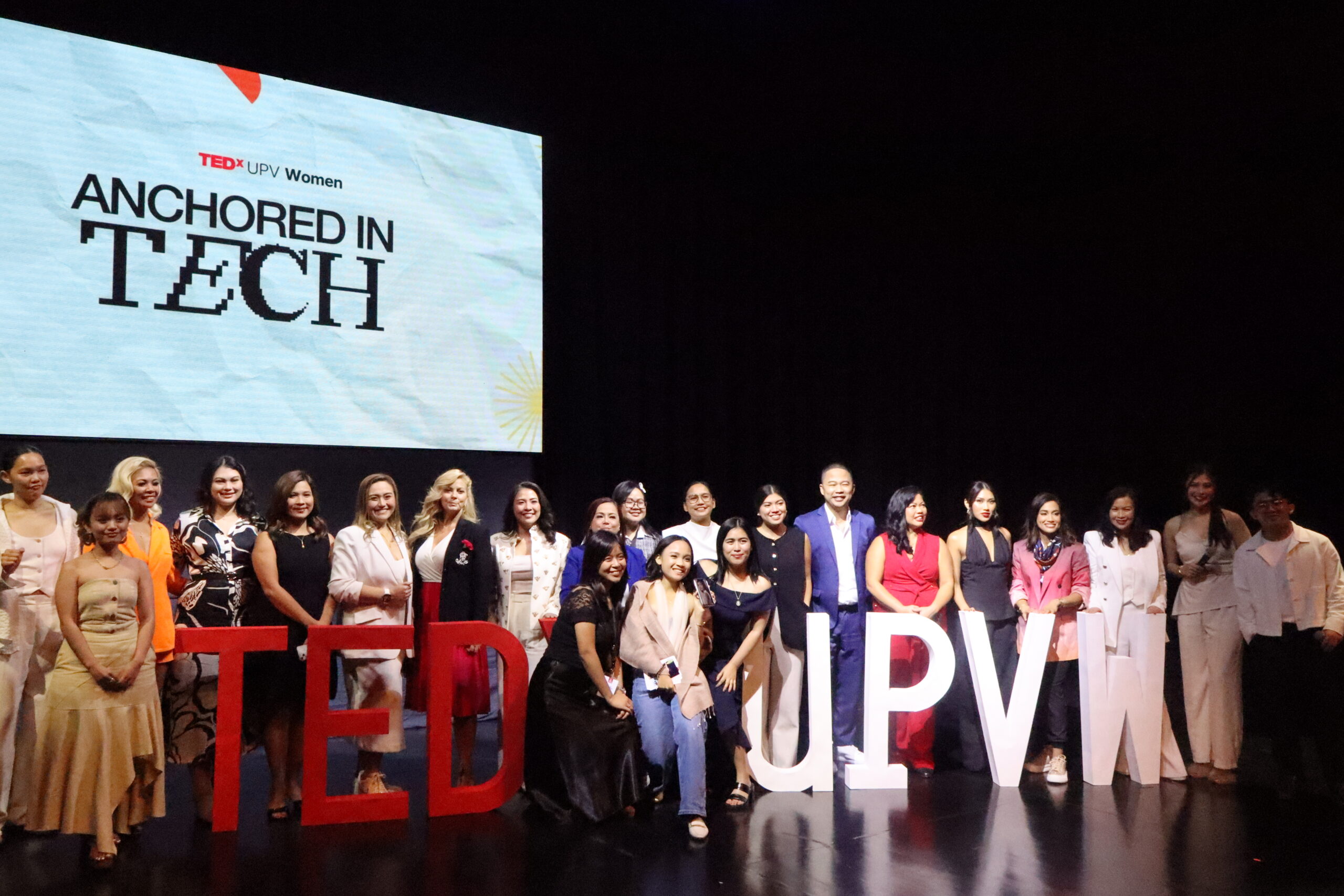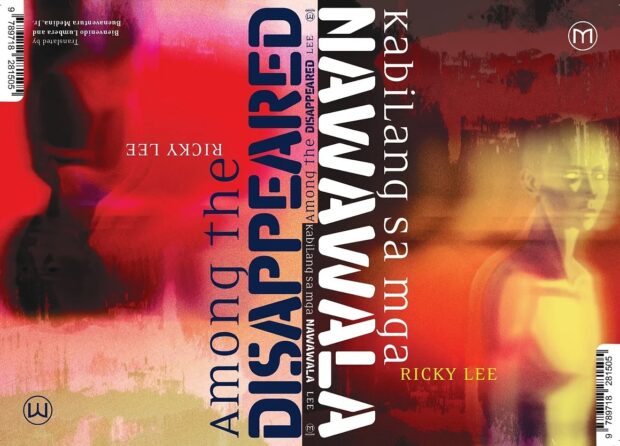I have long been fascinated by the various cultures that made up our earliest genes, and the succeeding influences that shaped our character as modern Filipinos. Our mix is rather varied.
Our contemporary cultural identity easily differentiates us from the world’s regional groupings, such as the Asean nations (where we belong), Central and Eastern Europe, North and South America, Africa and the Arab world.
Our primary determinant as Filipinos is, of course, our archipelagic habitat, thousands of tropical islands with abundant sunshine and sufficient rainfall to keep our land fertile with lush forests and blue mountains, plus freshwater lakes and the deep blue ocean all around.
Unspoiled, our islands have all the features of paradise. As tropical islanders, our ancestors lived peaceful and happy lives, stress-free and close to nature, nourished by the planting and harvesting of food grown in our fertile valleys and meadows. Of course, there was lots of good fish in the sea.
Our ancestors were never subject to hunger, harsh winters and the violence of warlike tribes. Our islands had peaceful chiefs who maintained order and respect for elders and tribal traditions.
Abundance
Our ancestors enjoyed the abundance of the land and the laid-back life in sunny weather, cooled by swaying palms. Part of our pacifist and forgiving character came from this culture of islanders.
We are happiest when we please other people with our food, our music and our dances because that’s how we celebrate life. That incredible smile on our faces despite sufferings from typhoons and floods says it all.
The first major game changer in our idyllic lives happened when Spain, the leading colonizer among European maritime countries in the 16th century, sent Ferdinand Magellan to sail around the world, and landed in the Philippines in 1521.
Spain, a bastion of Christianity in Europe, decided to expand not only its kingdom by exporting its colonial governance, but also Catholicism, by proselytizing among the local inhabitants. They stayed for more than 300 years.
Changed structure
Catholicism changed the structure of our villages by introducing social dynamics as soon as pioneering friars built stone churches in the middle of a clearing, creating the nucleus of today’s township.
Around the big stone church that serves as the institution for spreading the Gospel and celebrating religious rituals, our datu and farmer-warrior village groups quickly converted to Christianity. Around the church was built the municipio, where civil service could be availed of by the people.
There were several social changes that happened during the Spanish regimes: land development by the granting of encomienda to influential groups, thereby perpetuating poverty among the poor share-cropper class; and the rise of ilustrados, who formed the nucleus of the local intelligentsia and later became the source of ideas for reforms and other revolutionary activities against Spain’s hegemonic rule.
Despite some abuses by the friars, which Jose Rizal portrayed in his novel “Noli Me Tangere,” Catholicism developed its sturdy roots, ultimately becoming the predominant culture of the people.
Stillborn revolution
Not included in the Christianization are the Muslim island groups in Mindanao, whose people came to the islands way ahead of the Spaniards.
The second game changer in history occurred when Spain ceded the Philippines to the United States at the turn of the 20th century, rendering the armed revolution of Aguinaldo and Bonifacio stillborn, taken over by Admiral Dewey. Gunfire burst at Manila Bay.
The Americans decided to relaunch and rebrand the Philippines into a democratic nation. Geopolitics at the turn of the century was under pressure to adopt freedom and human rights as the basis for a new world order, due to the cathartic imperatives of the French Revolution, the abolition of slavery in the United States, and the new opportunities made available by the industrial revolution.
As soon as the Americans put the mechanism and structure of democracy in place and legislated the English system of education, Filipinos of all classes became career chasers, making education the top priority.
Today, we are the largest exporters of career-oriented services in health, leisure, education, entertainment, home, management and caregiving, and the big blue-collar and agrarian labor jobs.
Our strength in being quick to blend in with life and customs in foreign lands lies in our unity as Christians, obedience to the sanctity of life, respect for parents and elders, and our natural cheerfulness as islanders.
Muddling through
Our 70-year-old government’s lack of focus and resolve has had us muddling through democracy for seven decades, resulting in pandemic poverty, predatory political dynasties, idolatrous voters and systemic corruption among elective politicians.
Pop historians blame our lack of political will in both governance and constituency to a schizophrenic culture described as “300 years of friar-led society and 50 years of Hollywood.” Other pundits simplify this by saying Filipinos are a mongrel breed.
I laugh at this humorous bit of historical trivia. In reality, we are the most westernized people in Asia, which has given us the big advantages of instant access to new technology, arts, literature and international lifestyle.
Our strengths as native citizens or expatriates to the world come from our firm orientation toward democracy, and Christianity’s tribute to the free will of man.
We maintain our strong adherence to family values, our unity in worshipping God inside the Church, and our loving heart to render excellent service to other people.
We are the tribe that fits the requirements for living in today’s global village. Other societies who engage in theocracy and are mired in violent conflicts of fundamentalism just have to play catch-up with the demands of the freedom-loving international community.
Email the author at [email protected].














































